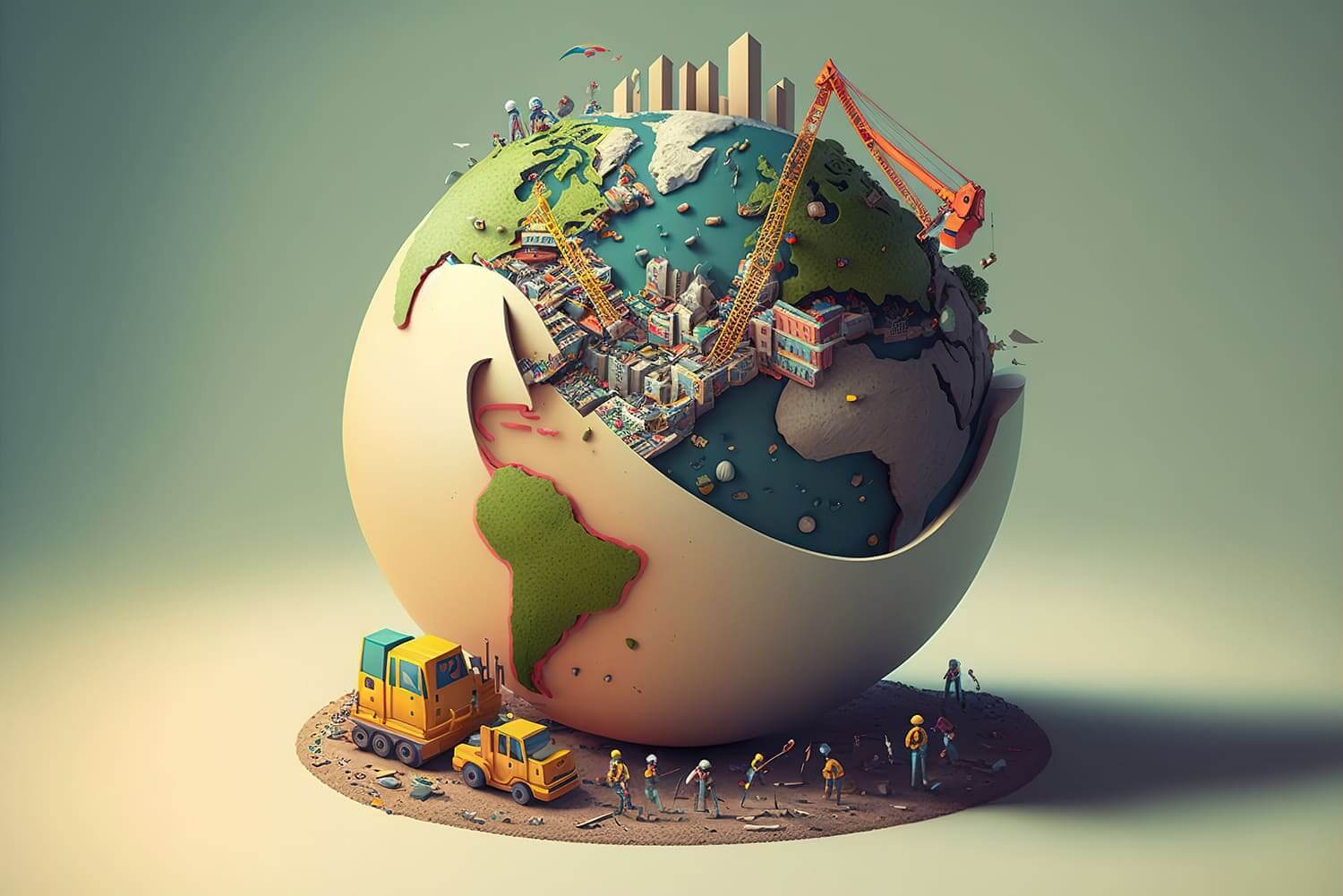The world of work is rapidly evolving, and the emergence of the new world of work is transforming the way we work, learn, and live. Technological advancements, shifting expectations of workers and employers, and changes in the global economy are all contributing to the future of the new world of work.
In this article, we’ll explore what you need to know about the new world of work, the forces driving the new world of work, and the future of work, taking into consideration the impact of automation, the gig economy, remote work, and the need for upskilling and reskilling.
Everything to Know About the New World of Work
The new labor market is characterized by a set of trends and disruptions that are changing the nature of work. These trends include the rise of automation, the gig economy, remote work, and the need for upskilling and reskilling. It is driven by technological advancements and the changing expectations of workers and employers.
The Forces Driving the New World of Work
Several forces are driving the new world of work. One of the most significant forces is automation, which is changing the way we work by replacing some jobs with machines. Automation is expected to have a significant impact on the workforce, particularly in industries such as manufacturing and transportation.
Another force driving the new world of work is the gig economy, which is characterized by short-term contracts and freelance work. The gig economy provides workers with flexibility and independence, but it also comes with challenges such as job insecurity and a lack of benefits.

Remote work is also a significant force driving the new world of work, particularly in the wake of the COVID-19 pandemic. Remote work provides workers with flexibility and the ability to work from anywhere, but it also requires new ways of managing and collaborating.
The need for upskilling and reskilling is also driving the new world of work. As automation and other technological advancements change the nature of work, workers need to continually update their skills to remain competitive and relevant.
The Future of the New World of Work
The future of the new world of work is exciting and challenging. Technological advancements such as artificial intelligence and the Internet of Things are expected to continue to shape the way we work, learn, and live. These advancements are likely to create new job opportunities while also transforming the nature of work and the skills required to succeed in the workforce.
The gig economy is also expected to continue to grow, providing workers with flexibility and independence while also posing challenges such as job insecurity and a lack of benefits. Employers will need to find new ways to manage and collaborate with gig workers to ensure that they remain engaged and productive.

Remote work is also likely to continue to be a significant force in the future world of work. Many workers have discovered the benefits of remote work during the COVID-19 pandemic, and this trend is likely to continue even after the pandemic ends. Employers will need to adapt to remote work by implementing new tools and processes to ensure that remote workers remain connected and engaged.
The need for upskilling and reskilling is also expected to continue in the future world of work. Workers will need to continually update their skills to remain competitive and relevant in a rapidly changing job market. Employers will need to invest in upskilling and reskilling programs to ensure that their workers have the skills they need to succeed.
Analyzing the New World of Work
It is transforming the way we work, learn, and live. The factors listed above are all driving this transformation. As we look to the future of work, we can expect to see continued technological advancements, the growth of the gig economy, the expansion of remote work, and the need for upskilling and reskilling. Employers and workers alike will need to adapt to these changes to remain competitive and relevant in this new way of working.





